So, you’ve decided to learn audio production? Congratulations! You’re stepping into a world where art meets science, with a dash of madness. As someone who’s been playing with his knobs for three decades, let me guide you. Together, we’ll explore the complex and captivating world of sound, where every day is a new adventure in creativity.
The Four Pillars of Audio Production
When you learn audio production, you’ll quickly discover four essential pillars: recording, mixing, editing, and mastering. These aren’t just steps in a process; they form the foundation of your sonic creations. Every sound wizard began as a novice, unsure of the difference between a high hat and a frying pan. If you’re feeling lost now, remember that even the best in the business started from scratch.
The Never-Ending Quest of Learning Audio Production
The secret that seasoned pros don’t often share is that learning audio production is a never-ending journey. There’s no point where you know it all. Instead, it’s about embracing the constant learning process, waking up each day eager to dive back into the audio world. The magic lies in this ongoing quest, the continuous experimentation, and the pursuit of perfection.
Building Your Arsenal in Audio Production
As you learn audio production, your software arsenal will become crucial. DAWs like Pro Tools, Logic Pro, and Ableton Live are your primary tools. Each has its strengths, so experiment with a few to find the one that suits your style. While plugins for EQ and compression are essential, don’t get overwhelmed by gear. Focus on mastering a few tools, and gradually expand your collection as you grow more comfortable.
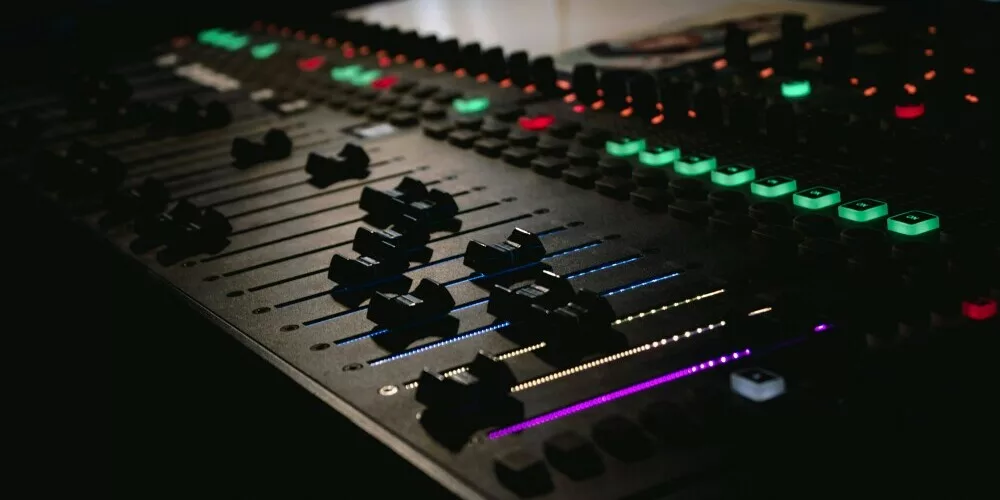
Sculpting Sound: The Art of Audio Production
Learning audio production isn’t just about capturing sound; it’s about manipulating it to create something new. Reverb, delay, and other effects become your tools for sculpting auditory landscapes. Like a mad scientist with sound waves, you’ll find yourself creating entire worlds of audio. The real artistry lies in shaping space and time within the audio, making it a true Theatre of the Mind.
The Infinite Loop of Audio Production Mastery
When you learn audio production, you quickly realize it’s an endless loop of discovery. Just when you’re satisfied with your work, you’ll hear someone else’s creation that leaves you floored. This inspires you to dive back into the mix, trying to capture that elusive sonic perfection. This cycle of learning, mastering, and relearning is what keeps the world of audio production exciting and ever-evolving.
Learn Audio Production: Recording Techniques
To learn audio production effectively, start with mastering the recording process. You’ll need a quiet, acoustically treated space, the right microphone, and an understanding of mic placement. Avoid overloading your audio input to prevent distortion, unless that’s your goal. Pay attention to the room’s acoustics, using pop filters to reduce plosives and sibilance. With these basics, your recordings will be cleaner and more professional.
Editing: Fine-Tuning Your Audio Production Skills
As you learn audio production, the editing phase is where your skills really start to shine. Focus on achieving clarity and removing unwanted noise. Seamless transitions between sections will keep your listeners engaged, while consistent volume levels and tonal balance will give your work a professional polish. Whether you’re editing music or spoken-word content, these techniques are crucial for a high-quality final product.
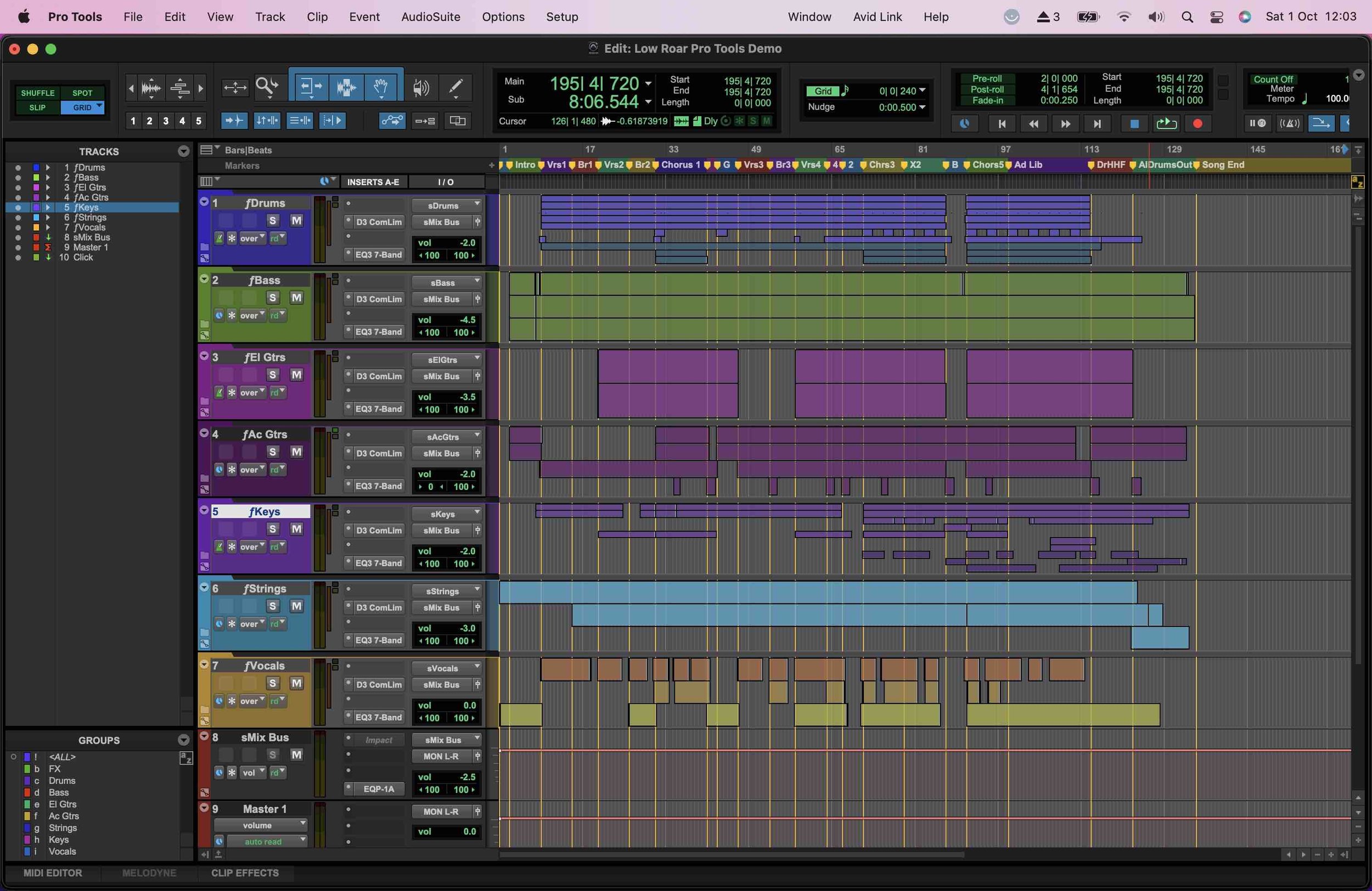
Mixing: Balancing the Elements of Audio Production
When you mix audio, balance is everything. Learning audio production means understanding how to give each track or instrument the right place in the mix. Panning, reverb, and EQ adjustments are your tools for creating a dynamic and engaging sound. Mixing is where the art and science of audio production come together, requiring careful attention to each detail to achieve a polished, professional result.
Mastering: The Final Step in Learning Audio Production
Mastering is the final step when you learn audio production, and it’s crucial for giving your work a professional finish. This process involves fine-tuning the entire mix with EQ, compression, and other tools to ensure a cohesive and polished sound. The goal is to create a final product that sounds great on any playback system, making your work competitive in the industry.
Where to Start Learning Audio Production?
The best place to start learning audio production is online. Channels like Produce Like A Pro, RecordingRevolution, and Pensado’s Place offer a wealth of tutorials and tips. Whether you’re into electronic music or traditional recording techniques, there’s a resource out there for you. These platforms provide a solid foundation, helping you develop the skills needed to excel in audio production.
Tips and Tricks for Learning Audio Production
When you learn audio production, keep these tips in mind: Blame the microphone when in doubt, embrace unconventional sounds, and stay caffeinated. Learning audio production is a journey of constant experimentation and improvement. Embrace the chaos, learn from your mistakes, and keep pushing your creative boundaries. This is a ride into the abyss of sound, and it’s one you’ll never regret taking.
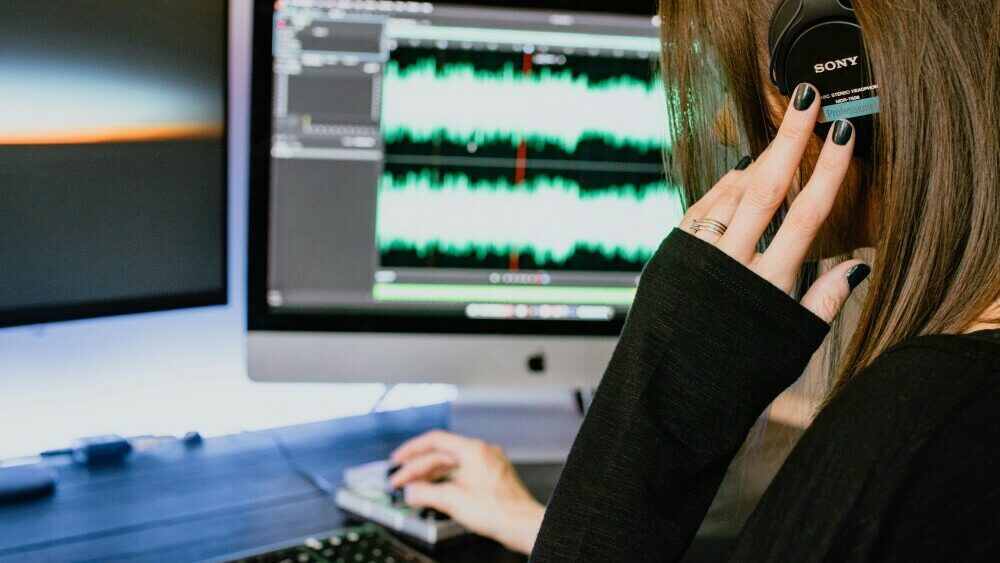
Always Listen with Fresh Ears
One of the key lessons when you learn audio production is to always listen with fresh ears. What sounds good today might sound terrible tomorrow, and that’s okay. The path of audio production is filled with challenges, but it’s also incredibly rewarding. Despite the late nights and frustrations, it’s a journey worth every moment. If you have any questions, feel free to ask in the comments below!
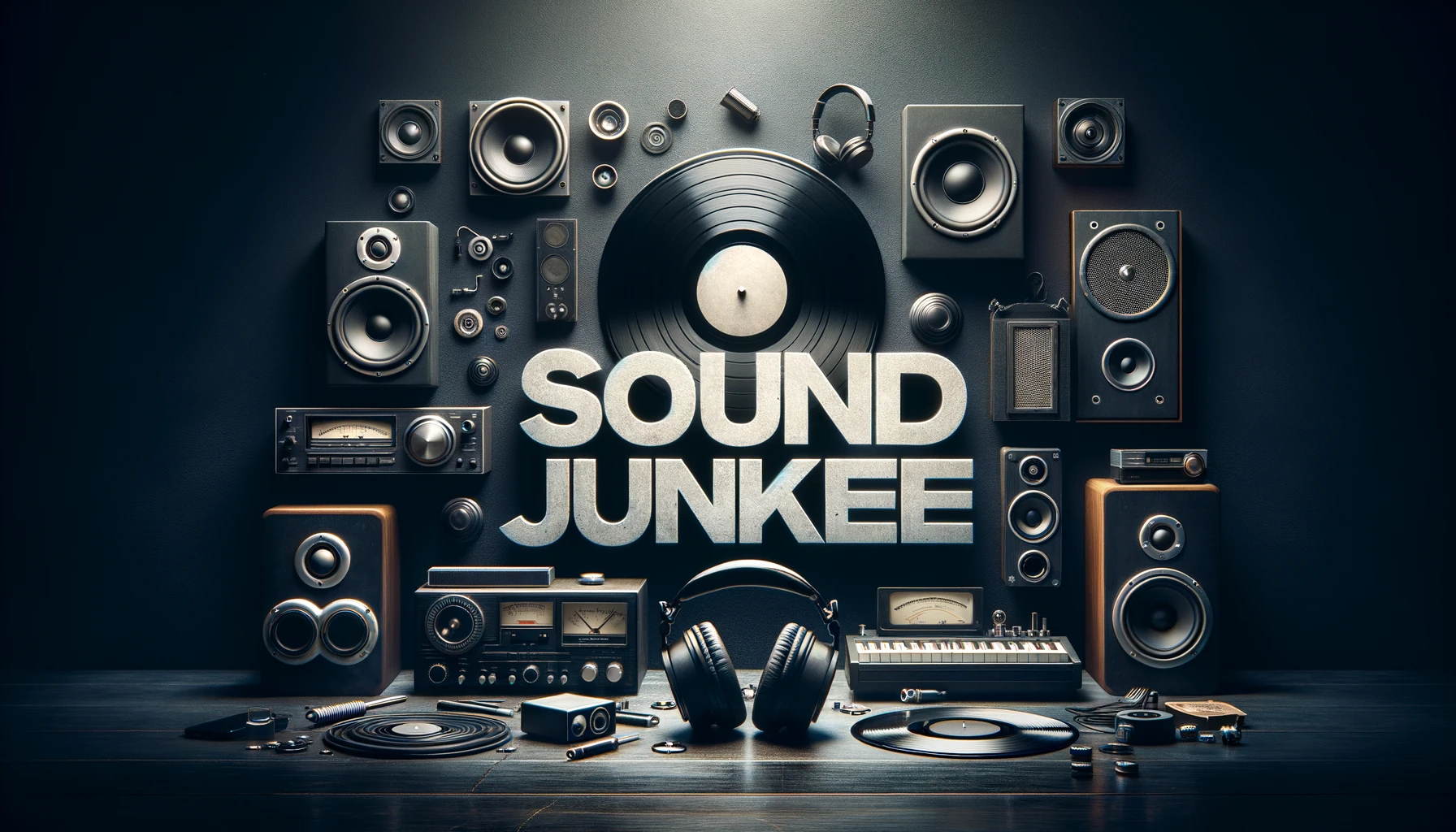
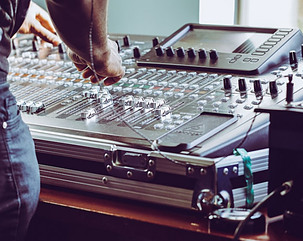

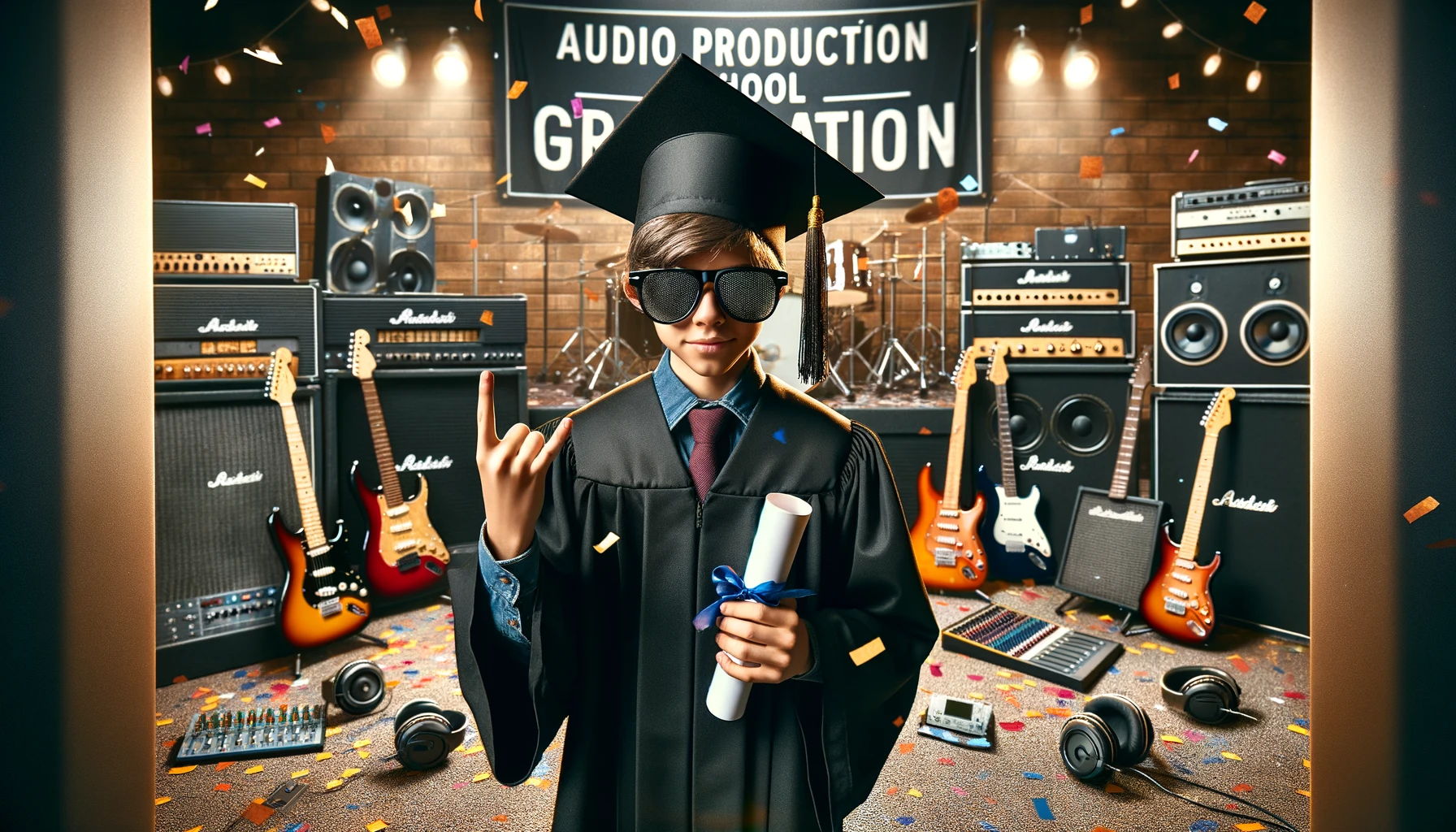

This is gold! Thank you
Thanks Dan. Glad it helped.
Thank you for your helpful article on audio production. Your experience really shines through, and your advice is both practical and inspiring. I’m thinking of getting into audio production, and your article gives me a great starting point. I have a few questions:
Can you recommend microphone models or brands for beginners looking to improve their recording quality?
How can someone new to mixing achieve a well-balanced sound?
What tools or software do you recommend for the mastering phase, and do you have any tips for a polished final product?
Are there any book or course recommendations for structured learning?
Hey Leila! Do it! Playing around with sounds and music is so much fun! if you’re looking for a microphone to get started, check this post out – https://soundjunkee.com/best-m… Getting balance in your mixes is something you’ll be experimenting with for years. it’s all about using your ears and then gradually changing settings. You can do the mastering in the same software as you do the mix. Just dive in, find yourself a DAW (I use Pro Tools) and start playing around with all the plug ins you get included in the box.